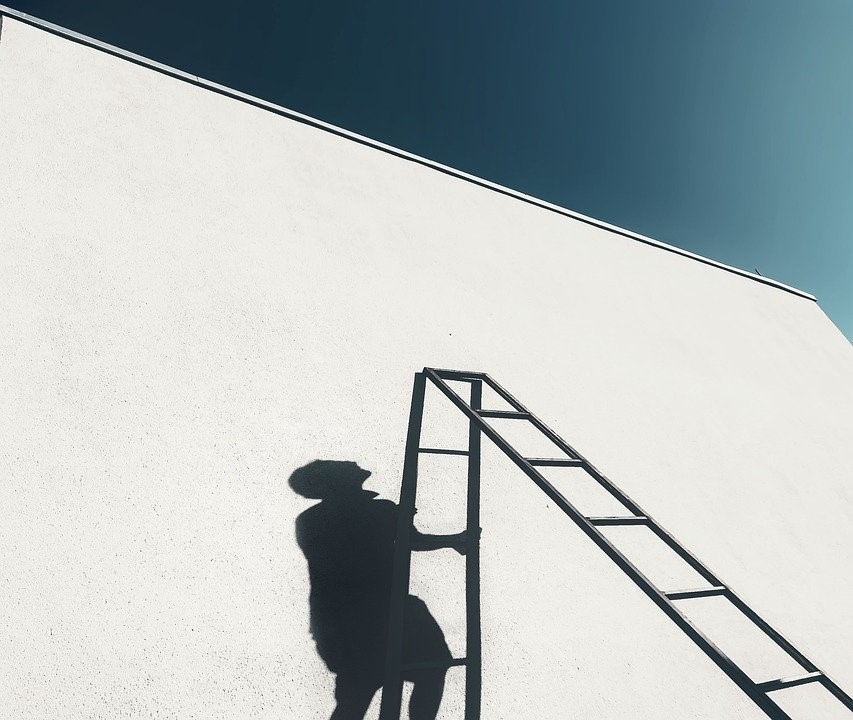When buying a home, the last stage before you finally commit to purchasing the home is the home inspection. The home inspection comes at the tail end of a long and often tedious process of looking at many homes before finally settling on the one you want to buy.
Because the inspection happens after you have already decided that you like a home and agreed on a purchase price with the seller, it often feels like a formality. But as RentSmartUSA warns, treating this part of the home-buying journey with levity could cost you severely in the future.
Every time you give money to a stranger in exchange for something, there is some risk involved. That risk increases with how much you paid and how central the purchase is to your life. This is what makes buying a home the purchase with the most power to derail your happiness.
This is the reason you should take steps to ensure that your decision to buy the home is the correct one. The home inspection can help you do this by uncovering undetected or undisclosed issues with the structures and systems of the home, as well as its appliances.
However, although the home inspection is supposed to give you the tools to make an informed decision, it does not always do this. That is because the outcome of the inspection depends entirely on the ability of the home inspector you hire and the actions you take after the inspection.
The fact is it is possible to have a home inspection and still end up buying an overvalued home with serious problems. This can happen if you fail to take the right steps during the home inspection. But by following the tips explained below, you will be able to escape that possibility.
Tip #1: Do not waive the inspection

Sometimes, buyers are tempted, with the active encouragement of the seller, to waive their right to inspect the home. Do not do this, not even if the buyer has done a prelisting home inspection. Every home, including a newly built one, can have major problems and the only way to know if you can live with the problems is to do an inspection.
Tip #2: Make the inspection part of the purchase agreement
Note that the moment you sign a purchase agreement with the seller, that contract is binding. The only way you can walk away from the deal, without paying any penalties, is if you make the finalization of the sale contingent on the home inspection. There is no place for a gentleman’s agreement here and get everything in writing or you will pay dearly.
Tip #3: Do not choose the cheapest home inspector

The best inspectors have experience and a list of past clients they can refer you to. They are also respected members of the local chapter of their organization. And they will have modern equipment for doing their work. Such inspectors will usually not be the cheapest, but you can hire them with the knowledge that you will be in safe hands.
Tip #4: Plan to attend the inspection
The competence of a home inspector means nothing if you cannot interpret the home inspection report. Home inspectors cannot tell you whether to buy a home or not. They can only provide you with the information to make that decision. The best way you can get a good sense of the condition of a home is by accompanying the inspector on their rounds.
Tip #5: Don’t expect a perfect report

As already stated, no home is perfect and every home inspection is bound to reveal problems, even if the home is a new construction. Keep this in mind to avoid letting your disappointment led you to walk away from a perfectly good property. Furthermore, the home inspection cannot find everything that is wrong with the home since it focuses on critical issues only.
Tip #6: Know the difference between major and minor problems
There are three ways to respond to the home inspection report. You can ask the seller to do repairs, or you can negotiate a lower price, or you can decide to walk away from the deal. Knowing when to negotiate for repairs, or money, or deciding to simply walk away is important and only you can decide which is the appropriate one.
Tip #7: Verify repairs before finalizing

If you ask the seller to carry out repairs on the home, you must check the completed repairs to be sure they are done to your expectations. You can do this by requesting the repair documents from the seller and having the finished repairs re-inspected by the home inspector. This step is to prevent the seller from cutting corners on important problems.
Tip #8: Arrange specialty inspections where necessary
Home inspectors will do a general evaluation of the systems and structures of the home, as well as its appliances. During their inspection, they may flag certain items or areas and recommend that you investigate them further. This usually means hiring a specialist to inspect the highlighted problem. Do not overlook such recommendations by your home inspector.
There you have it. Home inspection tips for buyers.




